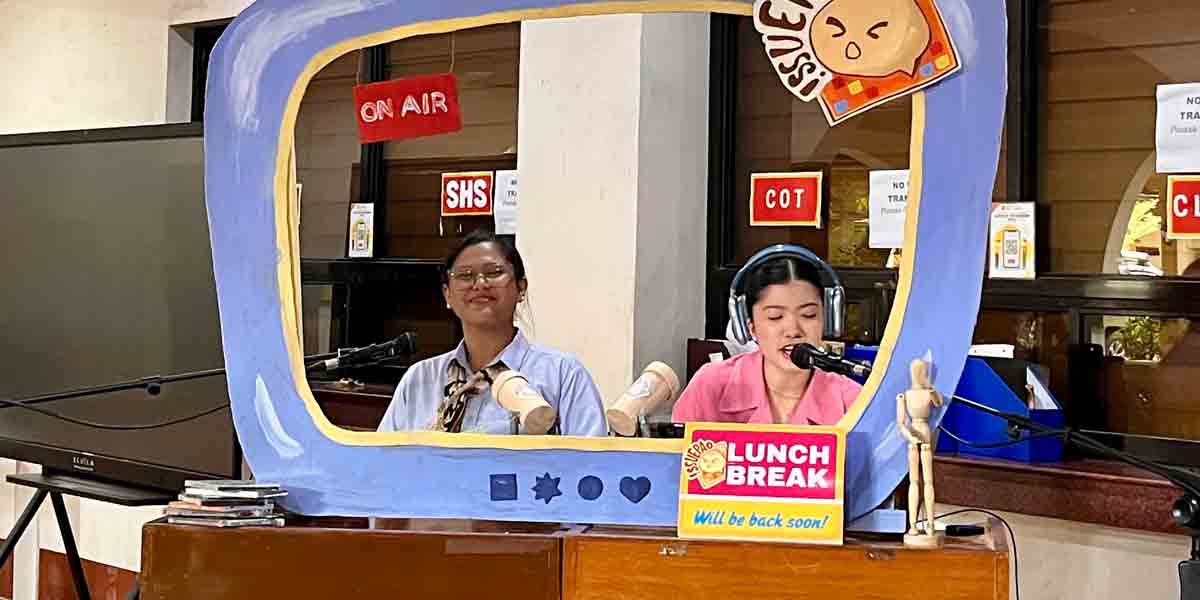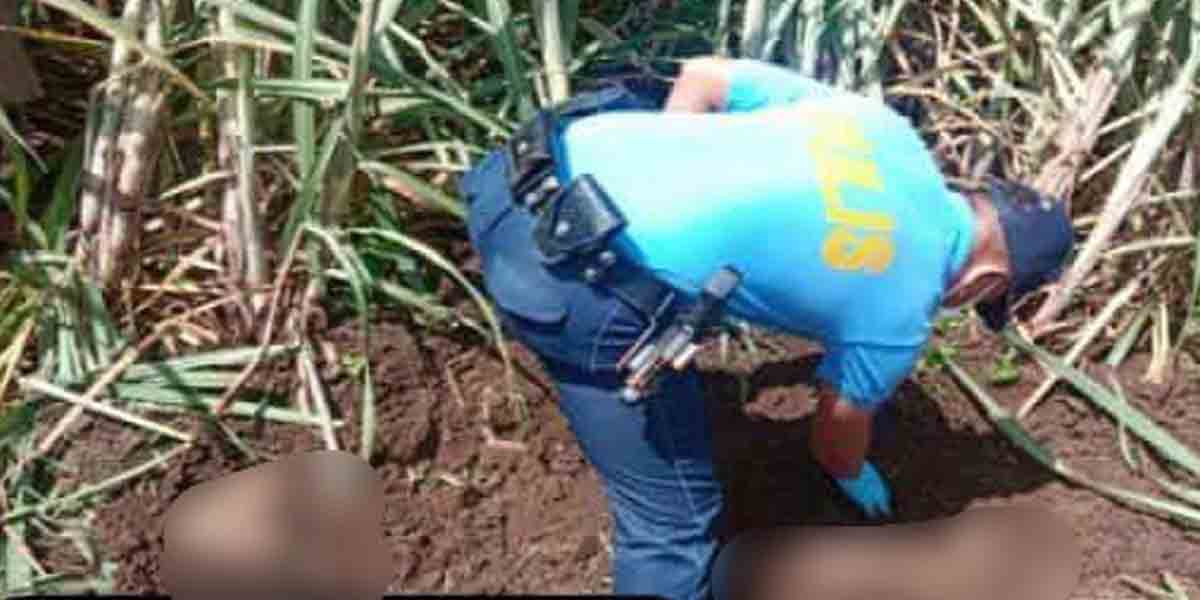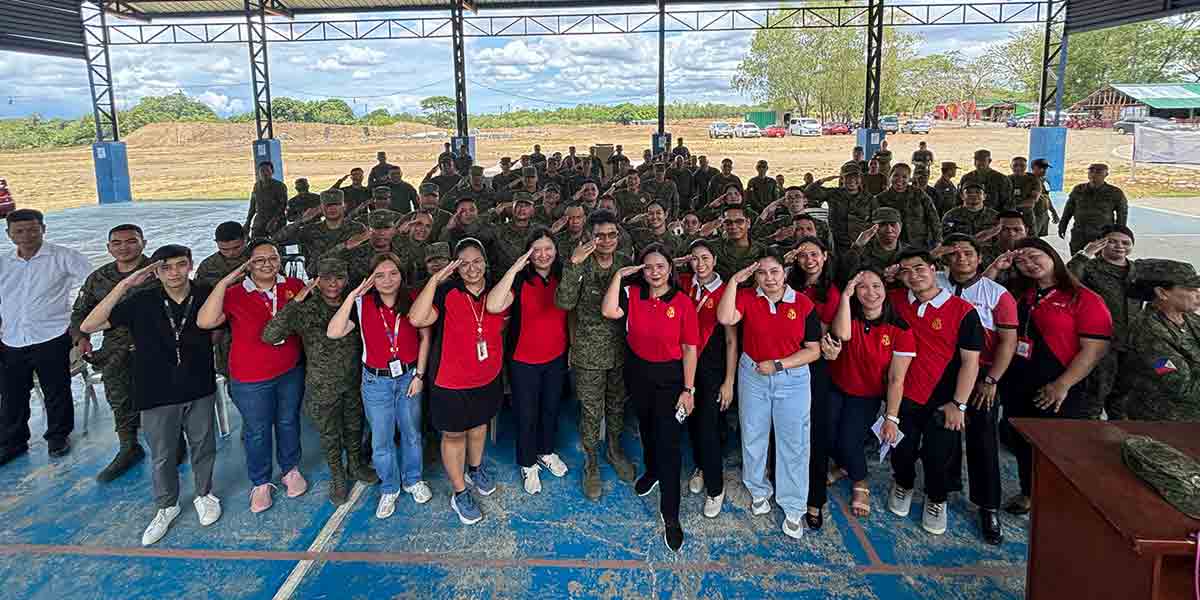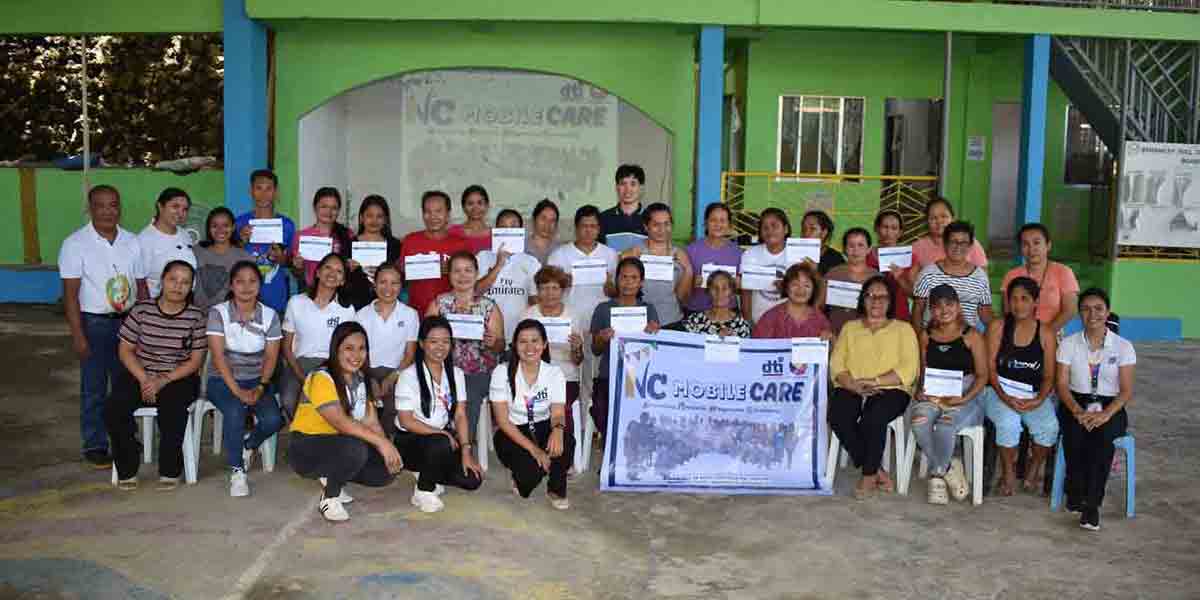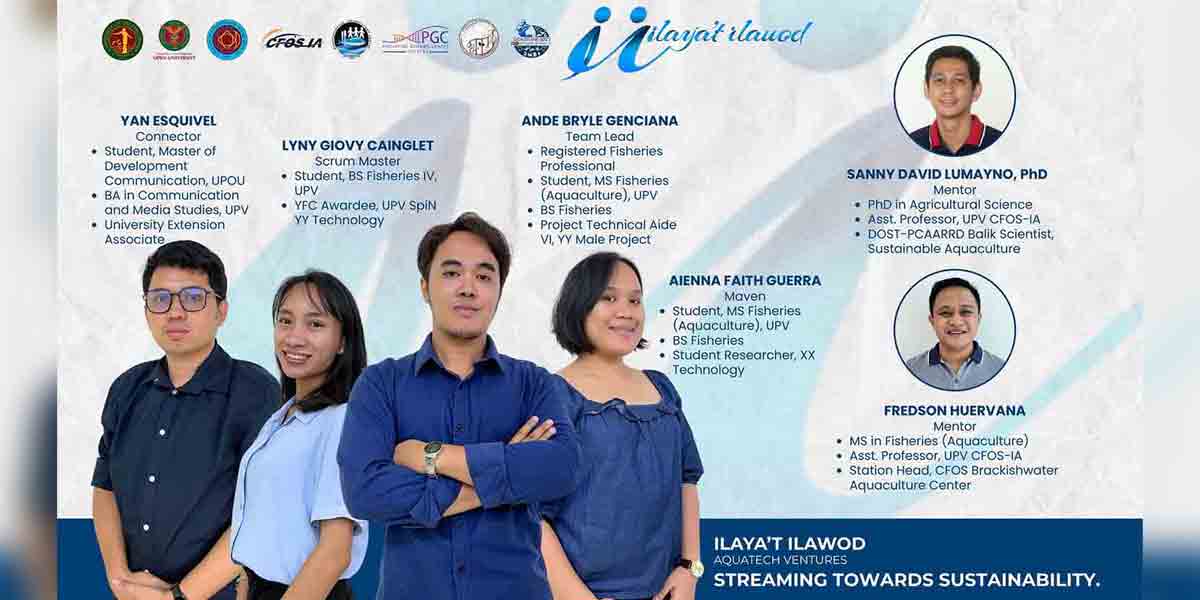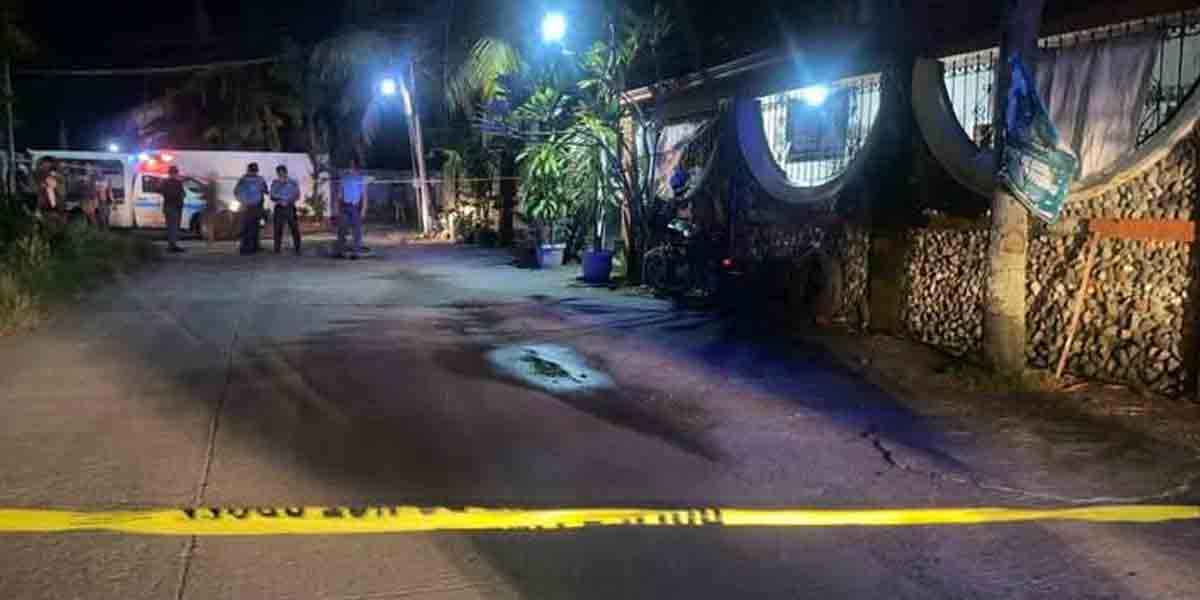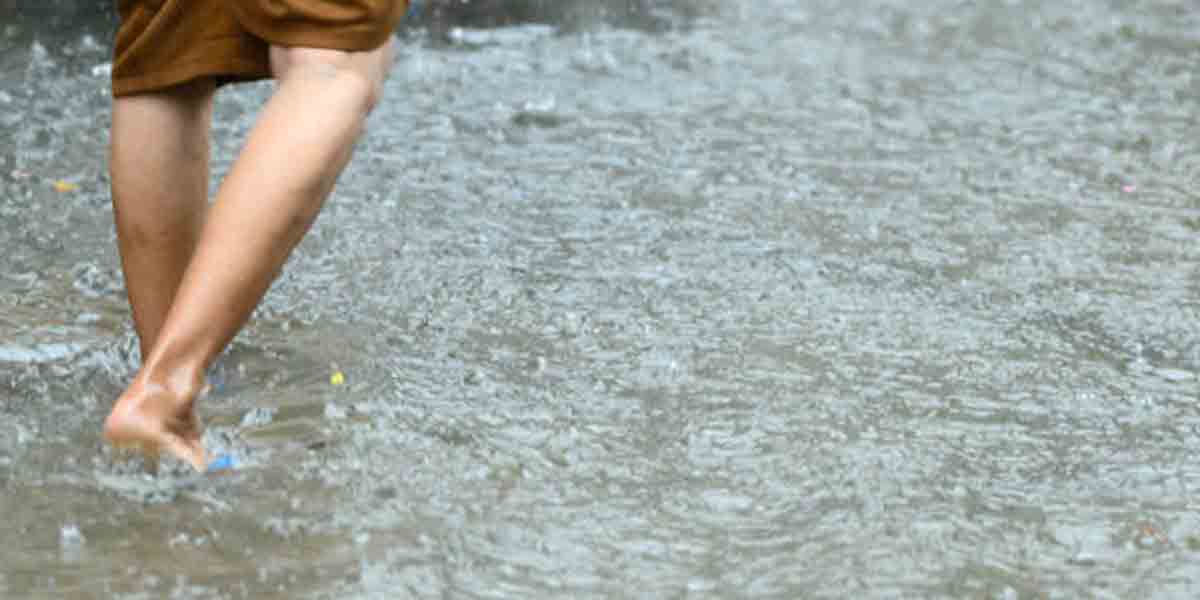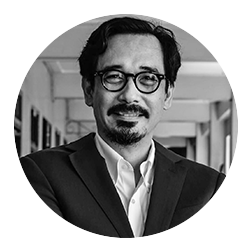 By Jose Mari BFU Tirol
By Jose Mari BFU Tirol
(The author is the dean of College of Law of the University of San Agustin)
The President has ordered the Philippine National Police to arrest and detain people who do not wear face masks. While the end sought is laudable – to stop the spread of COVID-19 – what of the means to accomplish it? Is there a legal basis to order the arrest and detain these people? Is it a crime to fail or refuse to wear a mask?
Some say “yes”, invoking Republic Act No. 11332, the “Mandatory Reporting of Notifiable Diseases and Health Events of Public Health Concern Act”. Among the prohibited acts in Section 9(d) of the law are “Non-cooperation of persons and entities that should report and/or respond to notifiable diseases or health events of public concern; …”
The 2020 revised implementing rules and regulations (IRR) of RA 11332, in particular, Rule XI (Prohibited Acts and Penalties) Section 1 (f)(iii) provides that one of the acts of non-cooperation of these persons and entities is “Failure to abide by minimum public health standards and/or non-pharmaceutical interventions as enforced by public health authorities pursuant to Rule X of this IRR”.
RA 11332 punishes “Any person or entity found to have violated Section 9 … with a fine of not less than Twenty thousand pesos (₱20,000.00) but not more than Fifty thousand pesos (₱50,000.00) or imprisonment of not less than one (1) month but not more than six (6) months, or both such fine and imprisonment, at the discretion of the proper court.”
Sections 4(h) and 6(c) of RA 11332 and Rule X Section 1 of the IRR mention these “persons and entities”: public and private physicians, allied medical personnel, professional societies, hospitals, clinics, health facilities, laboratories, pharmaceutical companies, private companies and institutions, workplaces, schools, prisons, ports, airports, establishments, communities, other government agencies, and nongovernment organizations (NGOs). These persons and entities are required by RA 11332 “to actively participate in disease surveillance and response” and “to accurately and immediately report notifiable diseases and health events of public health concern as issued by the DOH.”
Rule X Section 1 of the IRR further expands “communities” to include “household members, the punong barangay, barangay health emergency response teams, homeowners’ associations, indigenous people communities, cooperatives, and community-based organizations”, and NGOs to “professional societies, civic and faith-based organizations, civil society organizations, and other non-government organizations”.
However, neither RA 11332 nor its IRR define the term “communities”. And RA 11332 does not mention anything about the “minimum health standards and/or non-pharmaceutical interventions” mentioned in the IRR, which does not define these terms.
Of course, it can be argued that “communities” means everyone, and so anyone can be held liable for violation of RA 11332. But this would make an entire “community” criminally liable even if one person fails or refuses to wear a mask. This is not only illogical, but also illegal, for the following reasons: an implementing rule cannot extend the law or expand its coverage; since both RA 11332 and its IRR contain penal provisions, the same be strictly construed against the state and in favor of their alleged violators; any vagueness in the subject provision will make the same void; any penalty must be commensurate to the offense.
It can also be argued that our law enforcers have the right to make warrantless arrests to apprehend and detain persons who fail or refuse to wear masks. But a warrantless arrest, also known as “citizen’s arrest,” will be lawful only under three circumstances:
- When, in the presence of the policeman, the person to be arrested has committed, is actually committing, or is attempting to commit an offense. This is the “in flagrante delicto” rule.
- When an offense has just been committed, and he has probable cause to believe, based on personal knowledge of facts or circumstances, that the person to be arrested has committed it. This is the “hot pursuit” arrest rule.
- When the person to be arrested is a prisoner who has escaped from a penal establishment.
Such an argument would be valid if a law establishes an act as an offense, a law that specifically criminalizes the failure or refusal to wear masks, or the failure to comply with “minimum health standards and/or non-pharmaceutical interventions”. But not even RA 11332 does so.
RA 11332 in fact recognizes that one of its objectives is “To respect to the fullest extent possible, the rights of people to liberty, bodily integrity, and privacy while maintaining and preserving public health and security,” and admonishes “All personnel of the DOH and its local counterparts, and all other individuals or entities involved in conducting disease surveillance and response activities shall respect, to the fullest extent possible, the rights of people to liberty, bodily integrity, and privacy while maintaining and preserving public health and security.”
There is no question that we all share the responsibility to combat the pandemic. In a society founded on justice and the rule of law such as our, our efforts must not invoke the saying “the end justifies the means” (Machiavelli himself may not be Machiavellian – see https://www.theguardian.com/books/2017/mar/03/have-we-got-machiavelli-all-wrong). And our efforts must not be left in the hands of the government alone – especially an adhocratic one which downplayed and belittled the pandemic especially during its initial stages.

